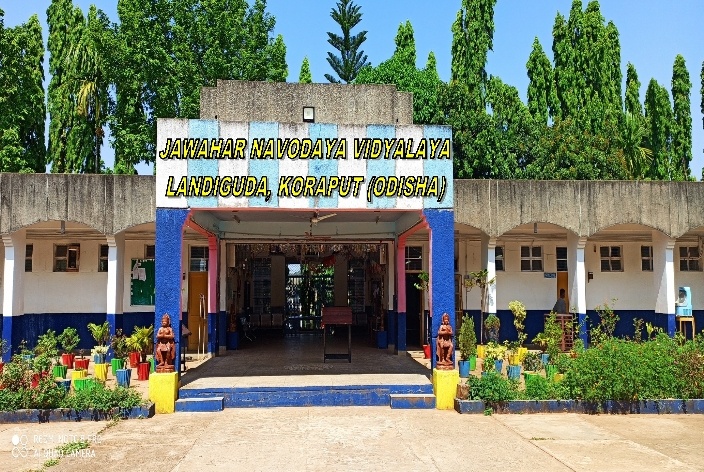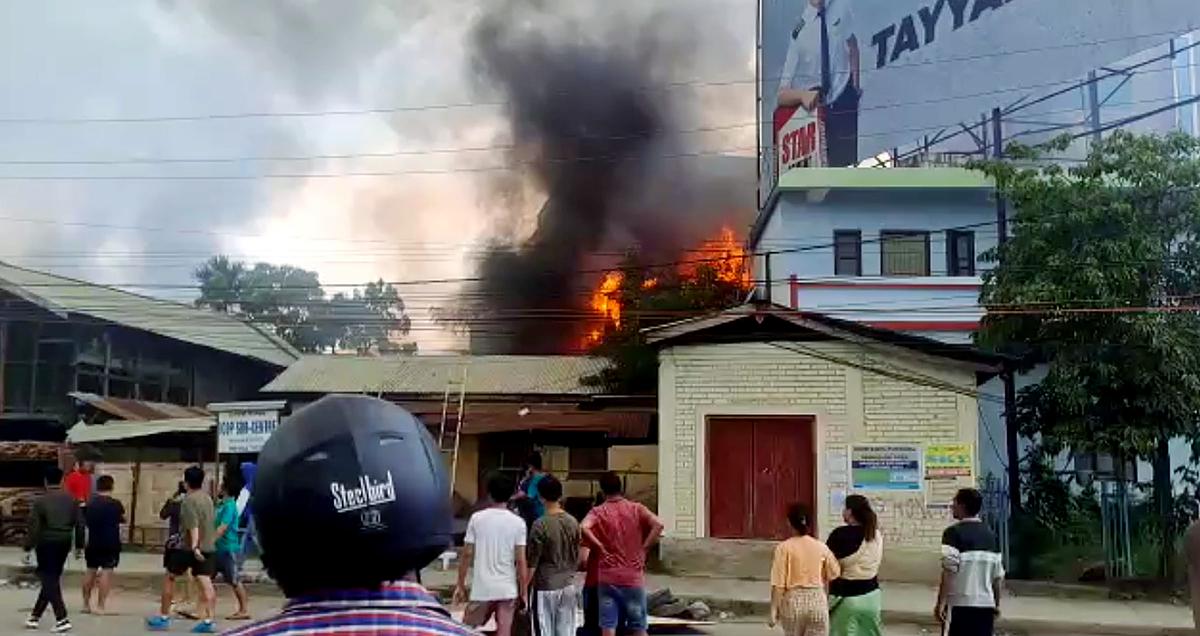By DCD Desk
As part of the New Education Policy of 1986, Navodaya Vidyalayas were established across India in the same year.
The aim of establishing these innovative schools is to provide quality education to the rural poor. A total of 668 Navodaya schools have been established in the country. There is at least one school in every district of Odisha, an eastern Indian state.
As many as 75 percent of the seats in the school are reserved for rural students, while only 25 percent of the seats are reserved for urban students. To be eligible to apply, a rural student must have studied from the first to the fifth standard in a rural school only. People from urban areas are not permitted to apply in rural areas.
Specific marks are fixed for various categories to pass the entrance exam. For instance, Scheduled Tribe: 60–66%, Scheduled Caste: 67%–80%, Other Backward Caste: 70–75%, and General: 75–80%.
Let us find out the status of the students in the Dalit Christian category in their enrollment in the Navodaya Vidyalaya in Odisha.
Since 1986, in the last 36 years, not a single Dalit Christian student from Katingia and Hatimunda panchayats (village councils) of Kandhamal district has been successful in the entrance examination of Navodaya Vidyalaya.
According to Ashok Kumar Singh, special correspondent for the Brahmanigaon area, only one student was successful in the Brahmanigaon panchayat, while another was successful but was rejected because the Saraswati Sishu Mandir where she studied was not recognized by the government.
Social workers Narendra Nayak and Sabita Biro informed me that no one from Virikot and Sunderdang panchayats in Gajapati district has been successful in the Navodaya Vidyalaya entrance exam as of now.
According to Bishop Pallava Lima, a total of two students from the entire district of Gajapati have succeeded in the Navodaya entrance exam, while only two students from Rayagada district have passed the entrance test.
Studying at Nebodaya Vidyalaya carries a lot of importance because, by studying at this school, students can easily build their career. Many Navodaya students have obtained jobs in the Odisha civil service and as doctors, engineers and so on.
Unfortunately, the performance of Dalit Christians in the Navadaya entrance exam is very dismal.
The government and other charitable institutions are not aware of the plight of oppressed Christians in Odisha or other parts of the country.
It can be inferred from this that the education and economic status of Dalit Christians are of grave importance.
The government, voluntary organizations, and the church should take special measures to improve this situation.
(Jugal Kishore Ranjit is a UN Fellow on Minority Rights.)










